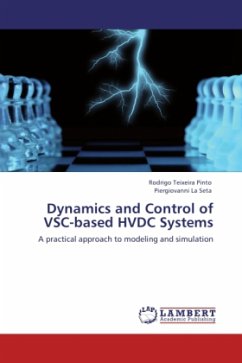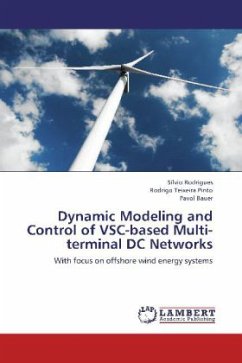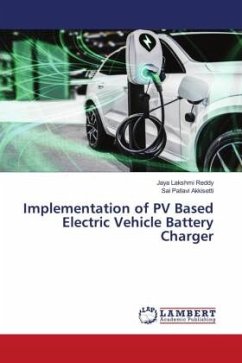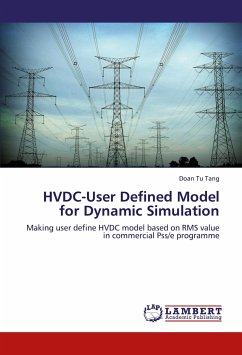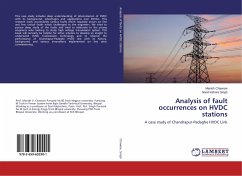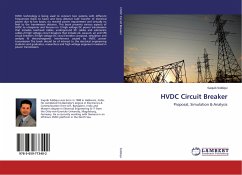Electricity transmission began with direct current. In 1880, Edison patented the first DC distribution system. That DC system was vital to broaden the use of his most famous invention, the electric lamp. However, at that time, low-voltage DC was proven inefficient. Despite the success of AC systems, the efforts for the development of practical high-voltage direct current transmission (HVDC) continued. The first HVDC transmission system was built in Sweden, in 1954, using mercury-arc valves. Nowadays, modern voltage-source converters (VSC) have smaller space requirements and improved reliability. VSC-HVDC has brought back the interest in the establishment of DC networks for applications such as DC supergrids and transnational networks for offshore wind farms. The goal of this work is to develop a more straightforward simulation model of VSC-HVDC systems; which can be inputted into simulation software packages and still provide realistic and reliable data on the system operation under all circumstances. The major contribution is the integration of the developed model, representing the whole DC transmission link, with the manifold control strategies possible for this new technology.
Bitte wählen Sie Ihr Anliegen aus.
Rechnungen
Retourenschein anfordern
Bestellstatus
Storno

